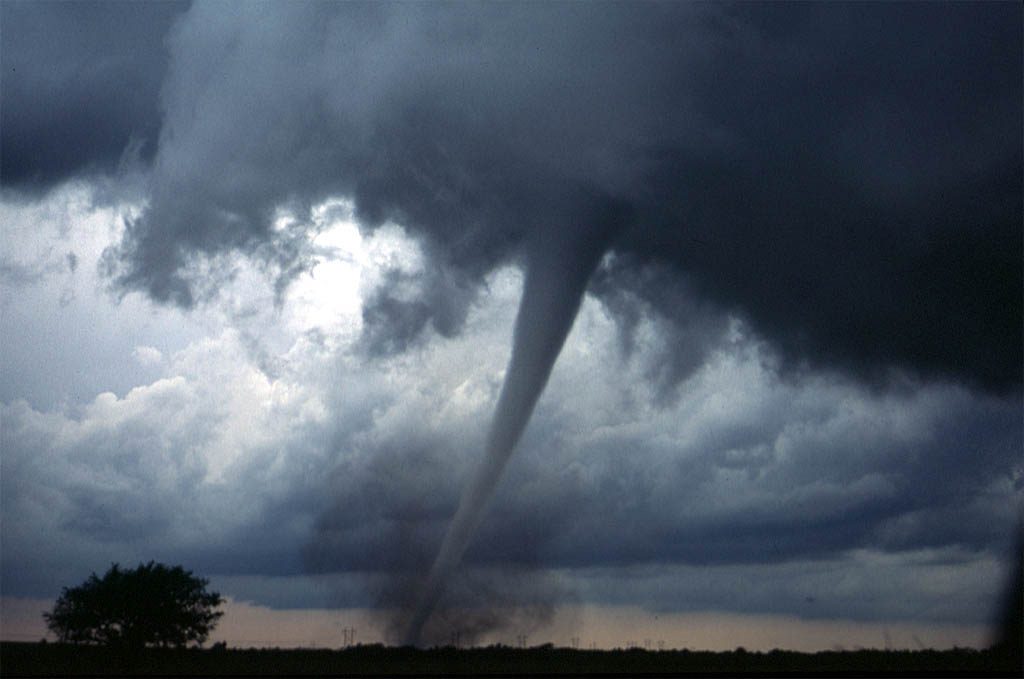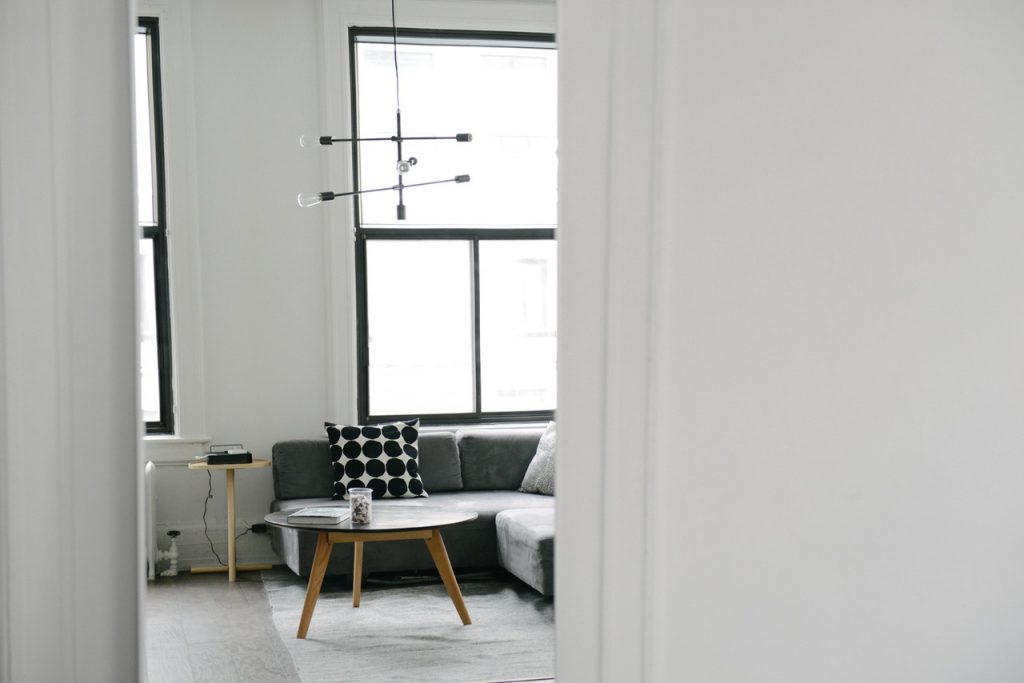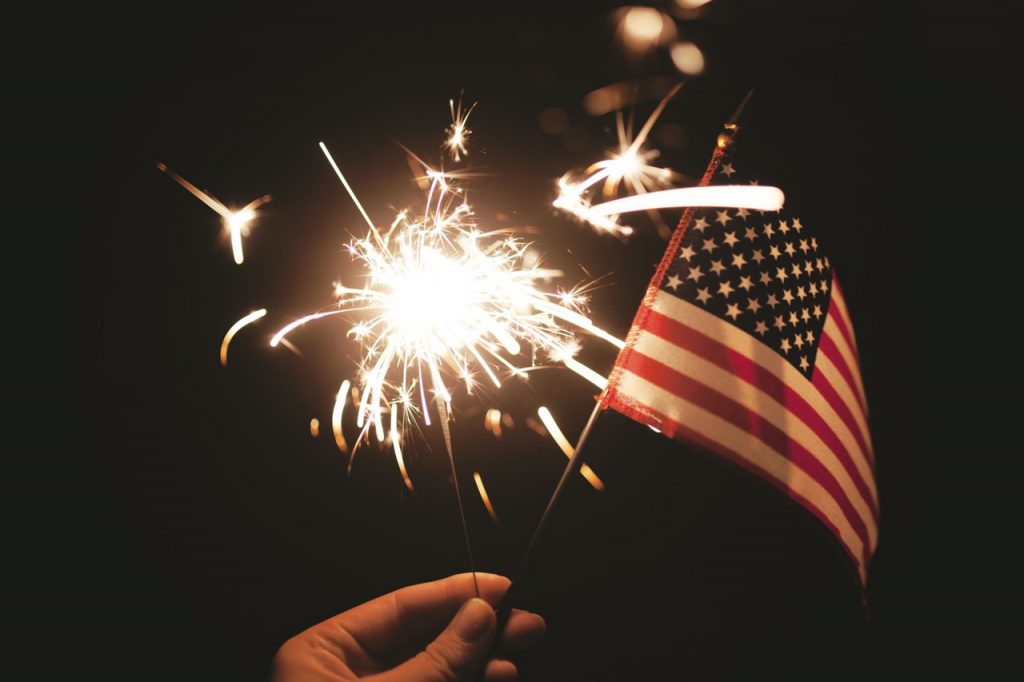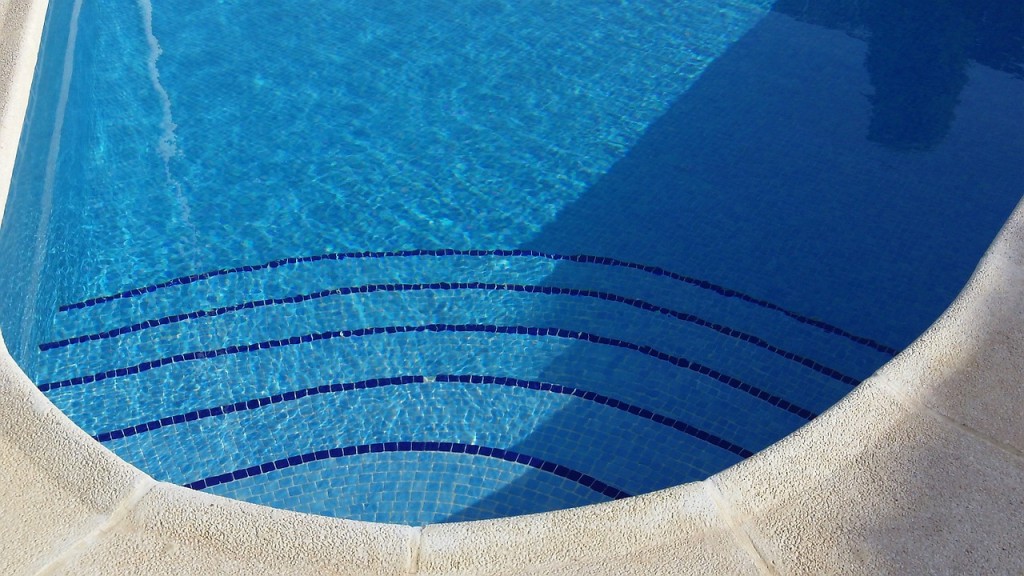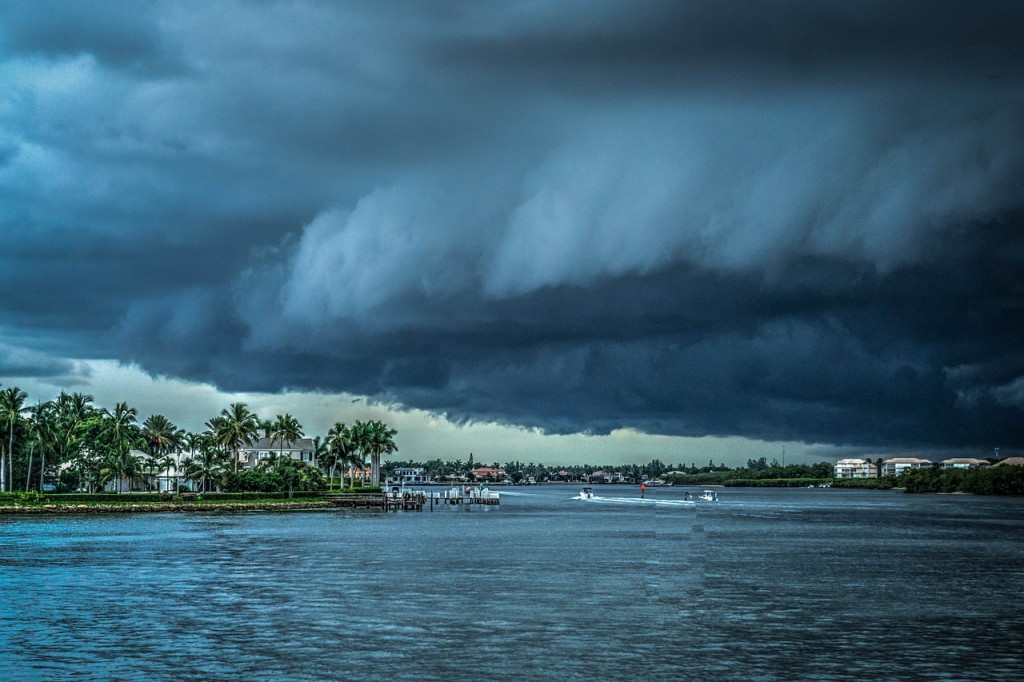We look at our homes as our safe havens. It’s the place we go to protect ourselves from outside influences but there are dangers that lurk within the walls of our homes. Between the years 2010-2014, The National Fire Protection Association estimates one in every 338 homes reported a fire of some type. It can seem like preparing for something as unpredictable as fire is a fruitless endeavor and waste of time, we can tell you it’s not.
Get the Tools to Stay Safe
The easiest fire safety practice is installing smoke detectors in your home. Florida has recently updated it’s laws regarding smoke detector regulations. In one- and two-story residential dwellings, smoke detectors either need to be wired into the home’s electrical system or be fitted with a 10 year non-removable, non-replacable smoke detector. Homeowners are no longer allowed to use battery operated detectors. Installing smoke detectors isn’t enough though; homeowners are encouraged to test the detectors once a month and replace if found to be faulty or have past their expiration date (usually ten years).
Another easy and inexpensive step to take towards fire safety is purchasing fire extinguishers. Having at least one extinguisher on each floor of your home can help prevent a small fire from becoming an inferno or it can help residents make a safe exit from a burning home. All extinguishers aren’t the same though, you should purchase ones that are rated ABC. These types of extinguishers can smother fires with the most common sources of ignition.
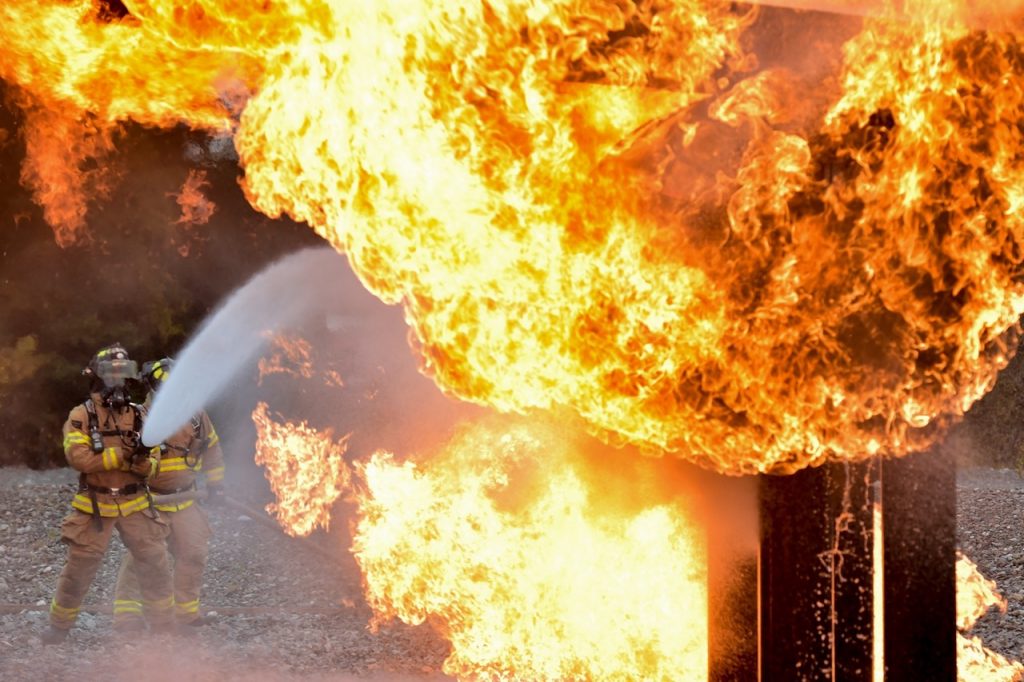
Take Preventative Steps
Fire prevention is also important. The most common causes of house fires are cooking and heating. Stove top fires are the most common cooking incidents, usually to due inattention. When cooking, be sure an adult is always present and actively monitoring the cooking. Keep your cooking elements free of foreign materials such as towels, paper, and utensils. Should a fire start, turn off the cooking elements. If a grease fire starts, use an ABC rated fire extinguisher or if one is not available smother the fire with baking soda. Do not spray a grease fire with water, it will only spread the fire. If food has burnt and caught fire, again reach for a fire extinguisher or attempt to smother the flames with baking soda or a pan lid.
Heating appliances are the second leading cause of household fires and most are due to lack of maintenance or improper use of the appliance. Yearly furnace inspections not only help your equipment stay running at peak performance and extend the life of the appliance but also help ensure mechanical issues are caught before becoming a fire hazard. Changing filters regularly can also keep the unit free from debris. If you need to use a portable heating unit be sure to keep it away from furniture, clothing, and decor and only use it when awake and within your immediate area.
Always Have a Plan
As with all of our articles on safety, developing a plan of action and practicing it with your family is the best way to stay safe. For a fire plan, each member of the house should know at least two ways to exit the home, where to meet other household members outside of the house, how to summon help, and what to do should they become trapped in a burning home. Each plan will be different depending on the house and its residents. Many fire departments are willing to help residents develop one or provide you with resources to do so.
A few inexpensive tools, some preparations, and general home maintenance can help keep you and your home safe. In the event of a fire, you’ll be prepared to escape as quickly as possible. Homes and property are replaceable, you and your family are not.
